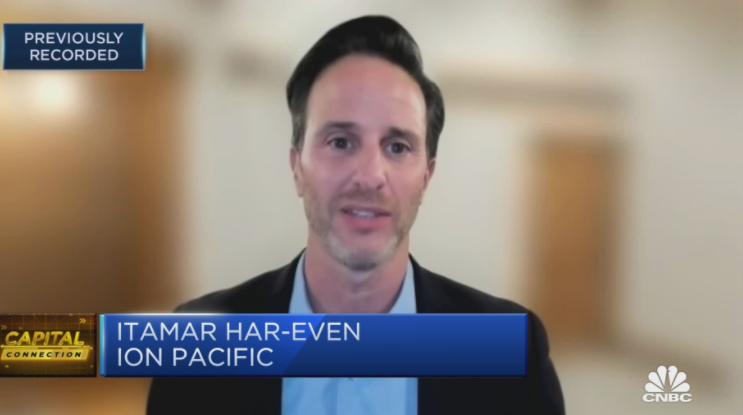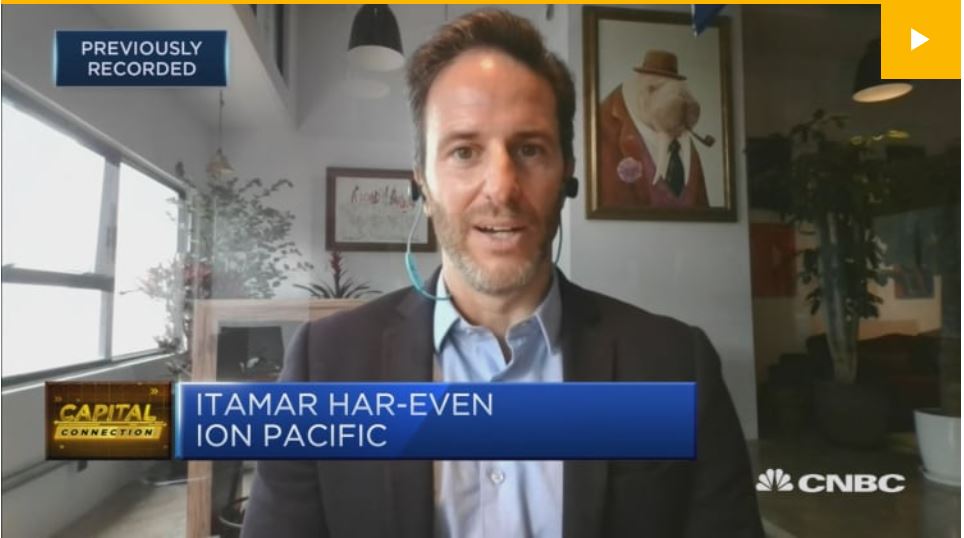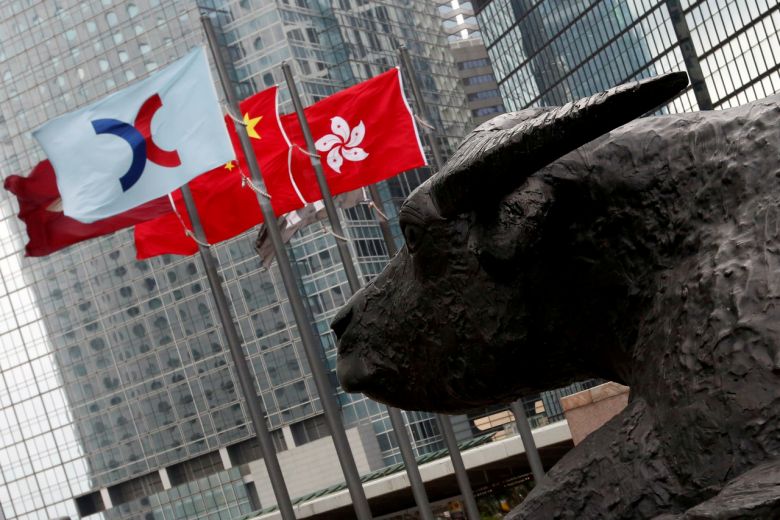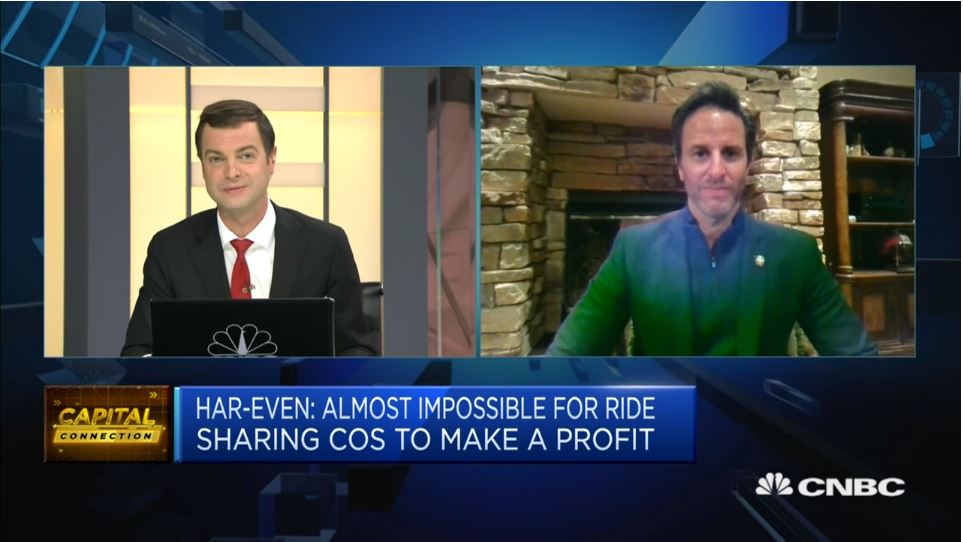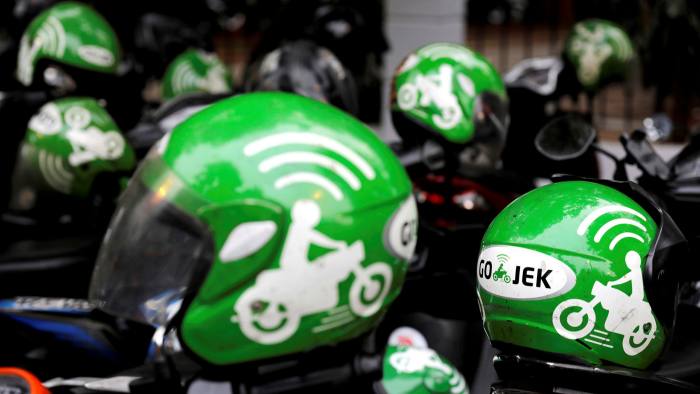Hong Kong-based Ion Pacific has closed its second structured secondaries fund at $133.6 million, said the firm in an interview with DealStreetAsia.
The firm had announced the $40 million first close of the fund — Ion Pacific Stonecutter II — in February last year.
Michael Joseph, co-CEO and managing partner at Ion Pacific, said most of the limited partners (LPs) from the $34.5 million Fund 1 participated in the second fund.
Around 75% of the capital from Ion Pacific’s second fund is from the US, Europe, and the Middle East. The rest is mainly from family offices in Singapore and Hong Kong.
Joseph added that the firm has also begun returning capital to its investors.
Ion Pacific Stonecutter I, which fully closed in February 2019, began returning capital that same year, thanks to a healthy pipeline of 10 exits comprising IPOs and trade sales. Fund 1, which has since been fully deployed, currently has a net IRR of over 30%, and over 30% of its funds have already been returned to LPs.
Ion Pacific Stonecutter II, on the other hand, has secured three full and partial exits. Both funds have an eight-year fund life.
Recent examples of Ion’s exits include UK-based robo-advisor Nutmeg which was acquired by JP Morgan Chase in Q3 2021, and Israeli content recommendation site Taboola which went public on the Nasdaq at a $2.6 billion valuation last July.
Exit environment looks “dynamic”
Joseph added that while the IPO/exit environment looks dynamic, he expects the pipeline to still be healthy this year. “I think the SPAC cyclicality is in full effect. We had taken advantage of the SPAC environment before, but I think the ability to take advantage of that will definitely taper off,” said Joseph in a video call with DealStreetAsia.
“I still think the US IPO window is open even though tech stocks didn’t perform very well in Q4 last year. But the IPO window in Southeast Asia is opening up as we have more domestic listings in the pipeline in markets like Indonesia. I [also] see a rebound in Chinese IPO activity in Hong Kong as China figures out the liquidity profile of its domestic assets,” he added.
As a structured secondaries investor, Ion Pacific employs a structured finance approach to the asset class, which may involve lending a portion of stock collateral to founders upfront and then sharing capital gains on exit later on a pro-rata basis. Most of Ion’s deal flow comes in the form of GP recaps, LP interest acquisitions, and corporate venture capital (CVC) financing.
Joseph added that he expects demand for GP-led secondaries to keep rising in Southeast Asia, where most of its Asian deal flow is from.
“You’ve had the first generation of VCs in Singapore of the 2011-14 vintage — a fair number of them are either coming to the end of their fund lives and are thinking about it [GP-led secondaries]. That deal flow has definitely increased, and I think it will continue to be a theme for the next 24 to 36 months for sure,” said Joseph.
“I also expect more non-Asia based GPs on the secondary front to start looking to Southeast Asia as an opportunity set, the same way we’ve seen more US-based VCs participate in primary rounds in the region,” he added.
Ion Pacific’s ticket sizes are typically around $2-7 million for single-asset transactions and $7-25 million for portfolio transactions. The firm deploys globally across Asia, the US, Europe, and the Middle East.
Some of its Asia-based investments include travel ticketing website Traveazy and Southeast Asian car marketplace Carro, in which Ion Pacific helped provide liquidity to some early angel shareholders. Carro raised $360 million in Series C funding co-led by SoftBank Vision Fund 2 and other investors last June and is currently valued above $1 billion.
This article was also published in Deal Street Asia




